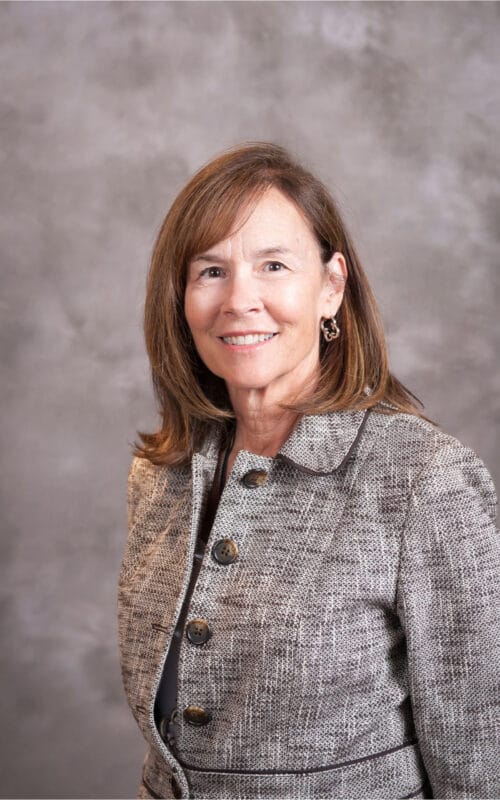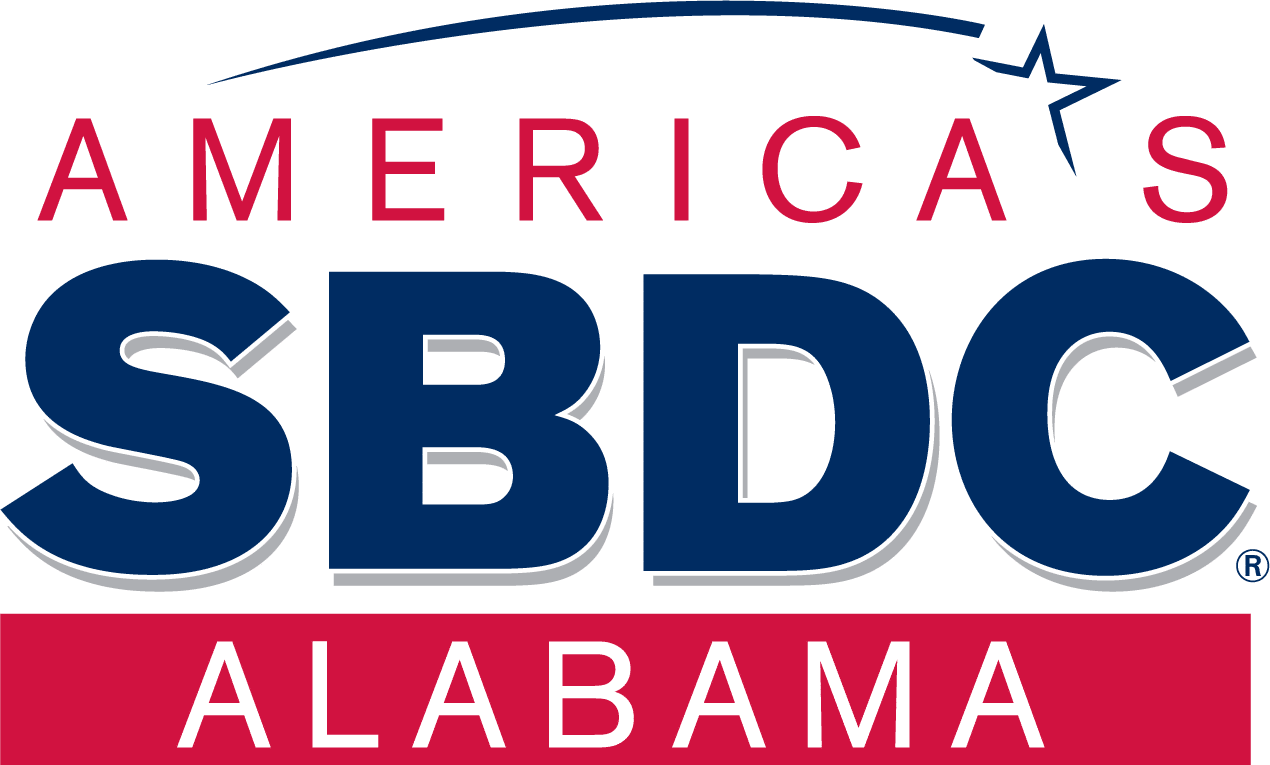Capital Access Program
Entrepreneurs often need money to grow their business, acquire a new business, or launch a unique business venture. Taking out a loan usually leaves you, the owner, in complete control of your company and is quicker than seeking equity capital. Securing equity capital means taking on investors and being accountable to the investors, but does not require you to make regular monthly payments. Investors expect you to make a profit in 3 to 7 years and provide them with a return on their investment.
While the Alabama SBDC Network does not provide financing, we have professionals who can help you prepare a well-organized loan package with complete documentation.

The Alabama SBDC Network can help you:
SBA 7(a) Loans
The 7(a) Loan Program includes financial help for businesses with special requirements. For example, funds are available for loans to businesses that handle exports to foreign countries, businesses that operate in rural areas, and for other very specific purposes.
MicroLoan Program
The Microloan Program provides small, short-term loans to small business concerns and certain types of not-for-profit child-care centers. The SBA makes funds available to specially designated intermediary lenders, which are nonprofit community-based organizations with experience in lending as well as management and technical assistance. These intermediaries make loans to eligible borrowers. The maximum loan amount is $50,000, but the average microloan is about $13,000.
SBA 504 Loans
The 504 Loan Program provides approved small businesses with long-term, fixed-rate financing used to acquire fixed assets for expansion or modernization. 504 loans are made available through Certified Development Companies (CDCs), SBA’s community based partners for providing 504 Loans. A Certified Development Company (CDC) is a nonprofit corporation that promotes economic development within its community through 504 Loans. CDCs are certified and regulated by the SBA, and work with SBA and participating lenders (typically banks) to provide financing to small businesses, which in turn, accomplishes the goal of community economic development. Alabama SBDC Network business advisors can provide you with a list of CDC’s in Alabama, and can prepare you for your first visit with a CDC manager.
Click here to learn more about Grant Opportunities for Starting a Small Business in Alabama.
For additional assistance visit the U.S. Small Business Administration or Catalog of Domestic Assistance website. To find an alphabetical listing of federal personal assistance visit USA.gov website’s Government Benefits, Grants, and Financial Aid page. To determine if you are eligible for a grant from Grants.gov, please review this eligibility tutorial.
SBIR Grant Program
The Small Business Innovation Research (SBIR) program is a highly competitive program that encourages domestic small businesses to engage in Federal Research/Research and Development (R/R&D) that has the potential for commercialization. Through a competitive awards-based program, SBIR enables small businesses to explore their technological potential and provides the incentive to profit from its commercialization. By including qualified small businesses in the nation’s R&D arena, high-tech innovation is stimulated and the United States gains entrepreneurial spirit as it meets its specific research and development needs.
STTR Grant Program
Small Business Technology Transfer (STTR) is another program that expands funding opportunities in the federal innovation research and development (R&D) arena. Central to the program is expansion of the public/private sector partnership to include the joint venture opportunities for small businesses and nonprofit research institutions. The unique feature of the STTR program is the requirement for the small business to formally collaborate with a research institution in Phase I and Phase II. STTR’s most important role is to bridge the gap between performance of basic science and commercialization of resulting innovations.
Venture capital is a type of equity financing that addresses the funding needs of entrepreneurial companies that for reasons of size, assets, and stage of development cannot seek capital from more traditional sources, such as public markets and banks. Venture capital investments are generally made as cash in exchange for shares and an active role in the invested company.
Venture capital differs from traditional financing sources in that venture capital typically:
- Focuses on young, high-growth companies;
- Invests equity capital, rather than debt;
- Takes higher risks in exchange for potential higher returns;
- Has a longer investment horizon than traditional financing;
- Actively monitors portfolio companies via board participation, strategic marketing, governance, and capital structure.
Successful long-term growth for most businesses is dependent upon the availability of equity capital. Lenders generally require some equity cushion or security (collateral) before they will lend to a small business. A lack of equity limits the debt financing available to businesses. Additionally, debt financing requires the ability to service the debt through current interest payments. These funds are then not available to grow the business.
Venture capital provides businesses a financial cushion. However, equity providers have the last call against the company’s assets. In view of this lower priority and the usual lack of a current pay requirement, equity providers require a higher rate of return/return on investment (ROI) than lenders receive.
Understanding Venture Capital
Venture capital for new and emerging businesses typically comes from high net worth individuals (“angel investors”) and venture capital firms. These investors usually provide capital unsecured by assets to young, private companies with the potential for rapid growth. This type of investing inherently carries a high degree of risk. But venture capital is long-term or “patient capital” that allows companies the time to mature into profitable organizations.
Venture capital is also an active rather than passive form of financing. These investors seek to add value, in addition to capital, to the companies in which they invest in an effort to help them grow and achieve a greater return on the investment. This requires active involvement; almost all venture capitalists will, at a minimum, want a seat on the board of directors.
Although investors are committed to a company for the long haul, that does not mean indefinitely. The primary objective of equity investors is to achieve a superior rate of return through the eventual and timely disposal of investments. A good investor will be considering potential exit strategies from the time the investment is first presented and investigated.
Business “angels” are high net worth individual investors who seek high returns through private investments in start-up companies. Private investors generally are a diverse and dispersed population who made their wealth through a variety of sources. But the typical business angels are often former entrepreneurs or executives who cashed out and retired early from ventures that they started and grew into successful businesses.
These self-made investors share many common characteristics:
- They seek companies with high growth potentials, strong management teams, and solid business plans to aid the angels in assessing the company’s value. (Many seed or start ups may not have a fully developed management team, but have identified key positions.)
- They typically invest in ventures involved in industries or technologies with which they are personally familiar.
- They often co-invest with trusted friends and business associates. In these situations, there is usually one influential lead investor (“archangel”) those judgment is trusted by the rest of the group of angels.
Because of their business experience, many angels invest more than their money. They also seek active involvement in the business, such as consulting and mentoring the entrepreneur. They often take bigger risks or accept lower rewards when they are attracted to the non-financial characteristics of an entrepreneur’s proposal.
Meet the SBDC Capital Access (CAP) Team:

Suzanne Darden

Heather Wright

Lindsay Bridges

Emily Moore

Joe Grimes

